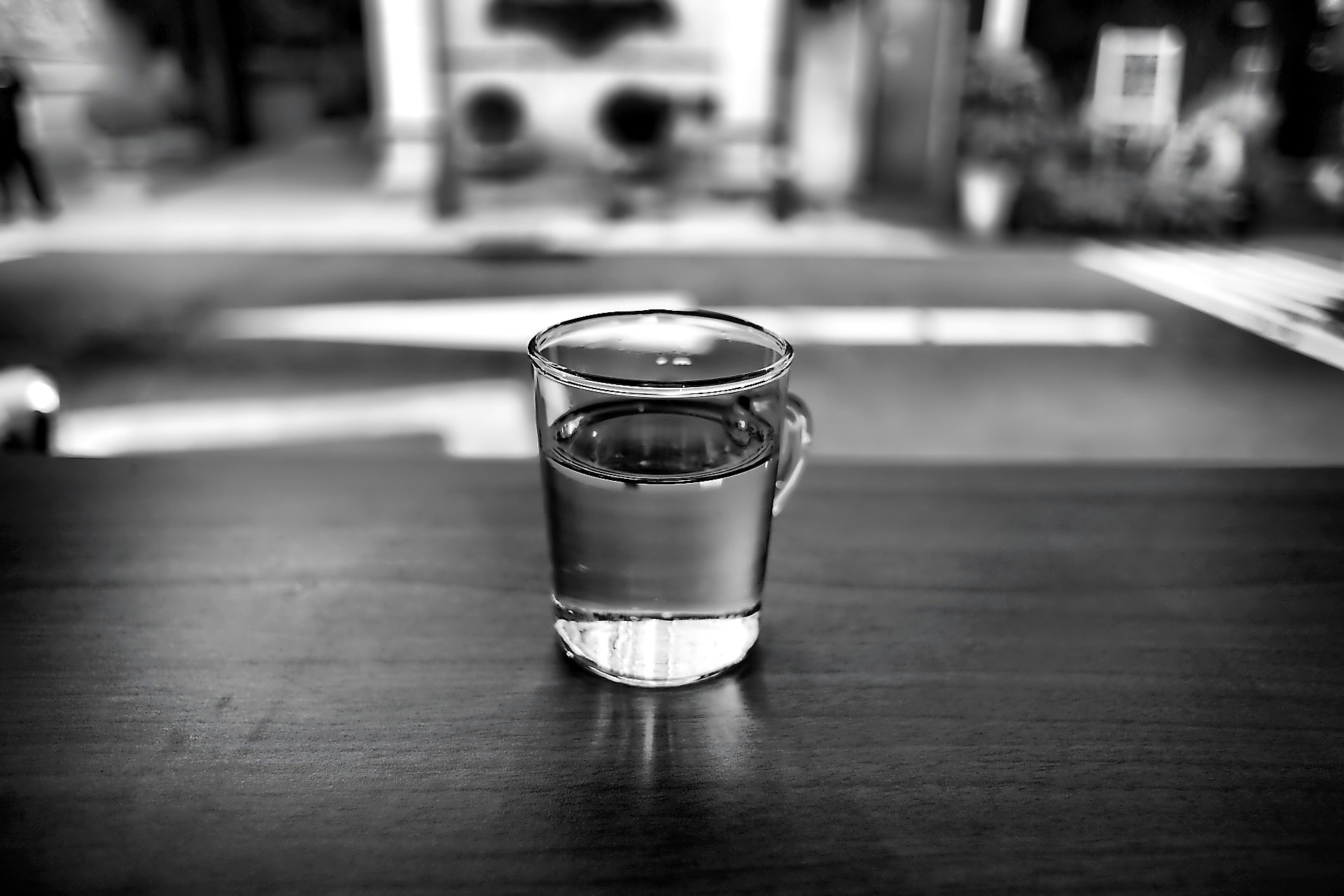Adirondack understands how important it is to provide clean & safe drinking water for you, your family, or your business. Our state-certified, nationally accredited laboratory offers a variety of solutions that can help you identify harmful contaminants in your water. With over 35 years of industry experience, you can trust Adirondack's expertise to provide the reliable results you need at an affordable price. Get started today and select the home test kit that best suits your analytical requirements.
We will provide a complete kit with cooler, sample bottles, instructions for filling, and chain of custody paperwork. Drop off full samples to our laboratory in downtown Albany and receive comprehensive results via email within ten business days.
Select the analysis that best suits your sample project.
Ground or overnight kit shipped directly to your doorstep.
Collect your samples, place in cooler with ice, and drop off or overnight ship to our Albany location at 314 North Pearl Street.
Receive a comprehensive report via email. Standard test turnaround time is ten business days, two day expedited turnaround is also offered for an additional fee.
*Adirondack will not be responsible for samples that do not get delivered on time to our laboratory. It is the customer's responsibility to follow instructions and get their sample to us before hold time expires. No refunds will be honored for samples that arrive to our facility outside of hold times. Click "learn more" for kit-specific hold times.




Whether it be for wastewater, drinking water, or soil, we have the expertise meet all of your testing needs.
Our analyses include tests for iron, lead, nitrate, nitrite, total coliform, fluoride, turbidity, and much more.
Proudly serving the Capital Region and surrounding areas for over 16 years.
